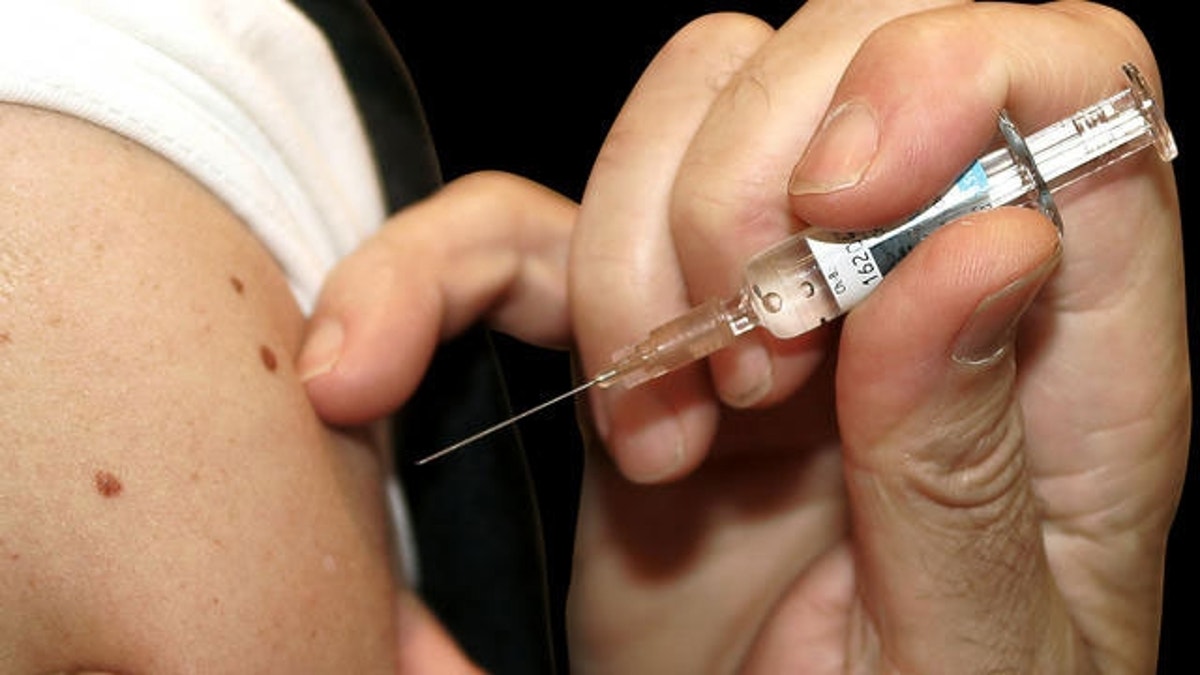
When large segments of a population are immunized against measles, it reduces the risk of exposure for everyone in the community, including families who refuse vaccines. The concept is called herd immunity.
But when too many healthy people forgo vaccinations—as they have in pockets of California and other states—the whole herd becomes more vulnerable, not just those who skipped shots. Without vaccines, measles and other infectious diseases can proliferate, and people who were previously protected may become imperiled.
The issue with measles is that now so many people avoid vaccines for religious reasons or other personal beliefs the magic number for protecting the herd—a vaccination rate of 92 to 94% for measles—has been compromised in parts of the country. It’s a serious concern among health experts.
Last year, in seven states and Washington, D.C., fewer than 90% of kindergartners were vaccinated for measles, according to the U.S. Centers for Disease Control and Prevention. Colorado, at 81.7%, had the lowest percentage. Mississippi, at 99.7%, had the largest portion of kindergarten students immunized.
Measles was declared eliminated in the U.S. in 2000, but cases continue to be imported by unvaccinated travelers and spread to others. Last year, 644 cases were diagnosed in the country. California has confirmed 99 cases since an outbreak started there in December, and the CDC reports the disease has spread to 13 other states.








































